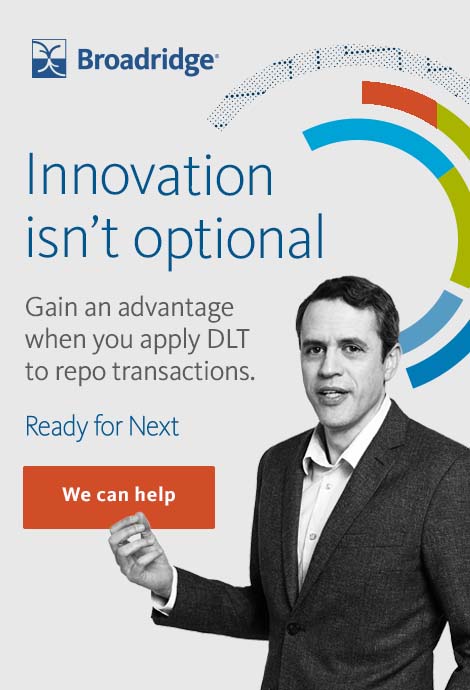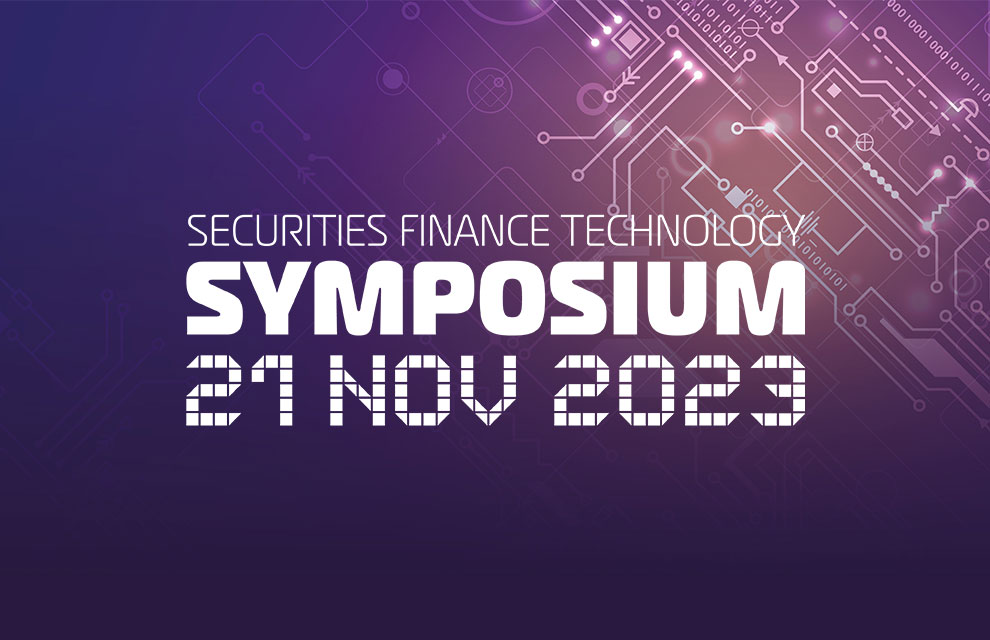The future of securities finance in Africa will be led by more automation, streamlined, efficient processes and algorithmic-based trading, according to Matthew Quinlivan, relationship manager at EquiLend.
The South Africa Securities Lending Association (SASLA) conference took place in Cape Town, where market participants gathered to discuss how firms can harness the latest technology for the future of securities finance in South Africa.
For Igor Salzgeber, global head of FIS’ Securities Finance and Collateral product group, shifting focus from post-trade to pre-trade processes and improving rules and mechanisms of pre-trade order matching or decision-making will help reduce fails and post-trade inefficiencies.
He explained that there is a large amount of data that is kept redundant within the market, and so every counterparty has to capture its own copy of a trade, as well as manage all relevant lifecycle events.
“Imagine there was one global trade store, i.e. on a distributed ledger, where the whole community could use one common ledger to persist their trades and lifecycle manage them — it would eliminate large parts of today’s post trade headaches. However, it would also kill a whole industry that has been established around providing post-trade services,” he insisted.
However, he continued, “the industry is partly resisting these types of innovations from
actually finding practical adoption”.
He added: “Leveraging digital assets and blockchain technology will make the life of custody banks, in the traditional sense, difficult and a good amount of services offered by fintechs partly obsolete, because many players established in the post-trade space generate a significant part of their revenues from these ongoing inefficiencies.”
Cloud computing was also a topic of discussion within The Future of Securities Finance in SA panel. Paul Wilson stated that there is a demand for real front-to-back securities finance trading and operations to move to a true cloud, but this is “a way off yet”.
Currently, cloud computing is typically private cloud provision within a primary and a secondary data centre, whereby the provider manages the service for the client. “The model is referred to as ‘cloud’, but it is accurately a private cloud software-as-a-service (SaaS) managed service,” Wilson confirmed.
He added: “It is extremely popular. Since offering it for securities finance in 2018, 80 per cent of our new clients go for this type of service versus on-premise, up from 5 per cent pre-2016.”
The firms still using on-premise are typically in emerging markets, where SaaS or Cloud regulations make it more difficult to provide the service cost-effectively. “Under this model, firms do not need to manage hardware, database administration (DBA), systems administration and other aspects currently typically in house,” Wilson continued.
Avoiding technology obsolescence and risk is a key driver, he added: “A cloud or SaaS provider will upgrade on a very regular basis.” This includes taking care of all aspects of hardware, networking, cybersecurity and authentication routine, since technology moves so quickly.
However, these models do come at a cost. Firms will face a paradigm shift in the way they look at software when moving from premise to cloud.
Wilson said: “Market participants will need to look at the total cost of ownership (TCO) across a longer period of time, including the sunk costs on existing in-house DBA, hardware, system administration and software. However, when reviewing the shift to cloud over a three to five-year period, firms will save money and reduce risk when moving to cloud provision.”
Coming to a close, the panel also highlighted the potential use of AI to optimise processes and drive new revenue, as well as the importance for South Africa to move to T+1.
Concluding the session, Umesh Vaga indicated that with new innovation comes new challenges and risks, such as cybersecurity threats and regulatory compliance.




